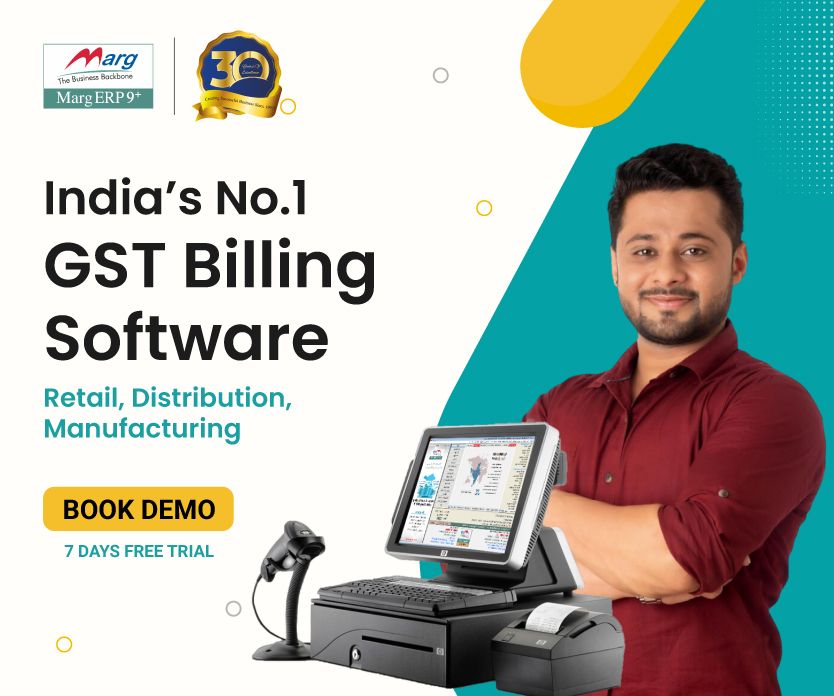International trade involves a complex web of regulations and documentation to ensure the smooth movement of goods across borders. One crucial document in this process is the Bill of Entry. Whether you’re a business owner involved in import-export operations or simply curious about the intricacies of international trade, understanding the Bill of Entry is essential. In this blog post, we will explore the purpose, significance, and key components of a Bill of Entry.
What is a Bill of Entry?
A Bill of Entry is a legal document that serves as a customs declaration form when goods are imported into a country. It contains detailed information about imported goods, such as their nature, quantity, value, origin, and intended use. The Bill of Entry provides customs authorities with essential data to assess the customs duties, taxes, and other charges levied on imported goods.
Purpose and Importance
- Customs Clearance: The primary purpose of a Bill of Entry is to facilitate customs clearance. It acts as proof that the goods being imported conform to the regulations and policies of the importing country. Customs authorities use this document to verify the accuracy of the declared information, assess the applicable duties and taxes, and ensure compliance with import restrictions or prohibitions.
- Valuation of Goods: The Bill of Entry plays a crucial role in determining the value of imported goods for customs purposes. An accurate valuation is essential for calculating import duties and taxes. Customs authorities may request supporting documents like invoices, contracts, or other evidence to validate the declared value.
- Trade Statistics: Governments rely on the data provided in Bills of Entry to compile trade statistics. This information helps monitor the volume and nature of imports, enabling policymakers to make informed decisions about trade policies, economic development, and resource allocation.
Key Components of a Bill of Entry
- Importer and Exporter Details: The Bill of Entry includes the name, address, and contact information of both the importer (consignee) and the exporter (consignor). This information helps customs authorities identify the parties involved in the transaction.
- Goods Description: A comprehensive description of the imported goods is provided, including their quantity, weight, dimensions, and packaging details. Additionally, the Bill of Entry may specify the country of origin, harmonized system (HS) codes, and any specific trade agreements or preferences applicable to the goods.
- Value Declaration: Importers are required to declare the value of the goods accurately. The Bill of Entry captures the declared value and may require supporting documents to justify the valuation, such as commercial invoices, bills of lading, or insurance certificates.
- Customs Duties and Taxes: The Bill of Entry mentions the applicable customs duties, taxes, and fees associated with the imported goods. It enables customs officials to calculate the correct amount payable by the importer and provides a basis for customs audits or assessments.
- Supporting Documents: Depending on the nature of the imported goods, additional documents may be required to support the information provided in the Bill of Entry. These documents may include certificates of origin, permits, licenses, or any other regulatory compliance certificates.
Conclusion
The Bill of Entry is a crucial document in international trade, serving as a customs declaration form that provides essential information about imported goods. Its accurate and complete preparation ensures smooth customs clearance, enables the assessment of customs duties and taxes, and helps compile trade statistics. Understanding the purpose and key components of a Bill of Entry is vital for businesses involved in global trade and individuals seeking insights into the complexities of international commerce. By mastering this document, importers can navigate the regulatory landscape more efficiently and contribute to the growth of their businesses.
Other Related Blogs: Section 144B Income Tax Act
Frequently Ask Question
Q: What is a Bill of Entry?
A: A Bill of Entry is a legal document used in international trade to declare and provide detailed information about imported goods when they arrive at a country’s customs port.
Q: Who is responsible for preparing the Bill of Entry?
A: The responsibility of preparing the Bill of Entry lies with the importer or their authorized agents, such as a customs broker or freight forwarder.
Q: What information is typically included in a Bill of Entry?
A: A Bill of Entry includes details such as the importer and exporter information, description of the goods (quantity, weight, dimensions), the value of the goods, country of origin, harmonized system (HS) codes, and any applicable customs duties, taxes, and fees.
Q: Why is the Bill of Entry important?
A: The Bill of Entry is crucial for customs clearance as it enables customs authorities to assess the accuracy of the declared information, determine the customs duties and taxes payable, and ensure compliance with import regulations and restrictions.
Q: Are supporting documents required with the Bill of Entry?
A: Depending on the nature of the imported goods, supporting documents may be required to validate the information provided in the Bill of Entry. These documents can include commercial invoices, bills of lading, certificates of origin, permits, licenses, and other regulatory compliance certificates.
Q: How is the value of imported goods determined in the Bill of Entry?
A: Importers are required to declare the value of the goods accurately. The declared value can be based on the purchase price, including transportation and insurance costs. Customs authorities may request supporting documents to validate the declared value.
Q: Can the Bill of Entry be submitted electronically?
A: Yes, many countries have implemented electronic systems for submitting the Bill of Entry. Electronic submission can expedite the customs clearance process and reduce paperwork.
Q: What happens after the Bill of Entry is submitted?
A: After the submission of the Bill of Entry, customs authorities review the information provided, verify the supporting documents if required, and assess the applicable customs duties and taxes. Once the assessment is complete, the importer can proceed with customs clearance and take delivery of the goods.
Q: Can errors or discrepancies in the Bill of Entry be corrected?
A: Yes, if errors or discrepancies are identified in the Bill of Entry, it is possible to request amendments or corrections. However, the process and requirements for making amendments may vary depending on the customs regulations of the specific country.
Q: Are there any penalties for inaccurate or incomplete information in the Bill of Entry?
A: Yes, providing inaccurate or incomplete information in the Bill of Entry can lead to penalties, fines, or delays in customs clearance. It is crucial to ensure the accuracy and completeness of the information provided to avoid any potential issues.






